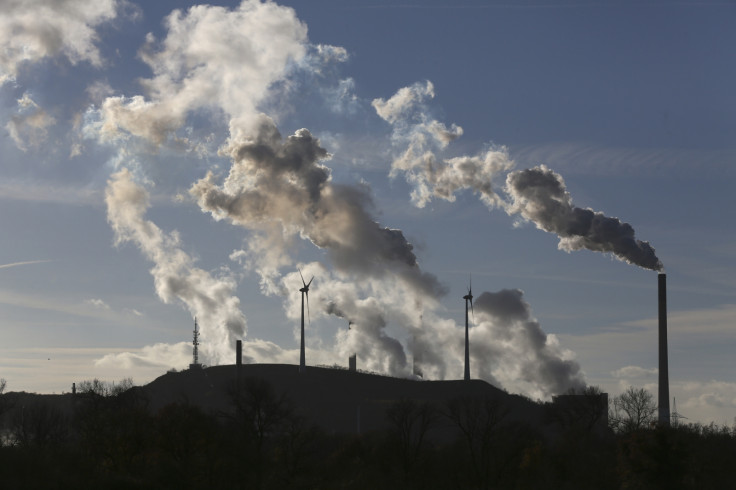Climate change, AI and supervolcanoes among top 12 threats to human civilisation

The 12 greatest threats to human civilisation have been established by Oxford University scientists, with extreme climate change and nuclear war topping the list.
Published by the Global Challenges Foundation, the report looks at current and emerging risks, along with exogenic threats and global policy concerns.
All of the risks listed have the ability to destabilise social and ecological systems to the point that threatens human civilisation and possibly life.
The risks are listed as such:
Current risks
1. Extreme climate change
2. Nuclear war
3. Ecological catastrophe
4. Global pandemic
5. Global system collapse
Exogenic risks
6. Major asteroid impact
7. Supervolcano
Emerging risks
8. Synthetic biology
9. Nanotechnology
10. Artificial Intelligence
11. Uncertain risks
Global policy risk
12. Future bad global governance

Rather than being preoccupied with doom and gloom, however, the authors say their report aims to inspire action and dialogue, as well as increased use of risk assessments: "The real focus is not on the almost unimaginable impacts of the risks the report outlines. Its fundamental purpose is to encourage global collaboration and to use this new category of risk as a driver for innovation.
"The idea that we face a number of global risks threatening the very basis of our civilisation at the beginning of the 21st century is well accepted in the scientific community, and is studied at a number of leading universities. But there is still no coordinated approach to address this group of risks and turn them into opportunities."
Of the top risks, they said climate change has the potential to lead to mass deaths, famines, social collapse and mass migration, while there is a 10% chance there will be a nuclear war in the next 100 years.
In terms of 'uncertain risks', the authors say this represents the unknowns of global catastrophic challenges: "They constitute an amalgamation of all the risks that can appear extremely unlikely in isolation, but can combine to represent a not insignificant proportion of the risk exposure."
The authors say that most of the risks listed are linked to increased knowledge, economic and technical development – climate change being the prime example.
"The increased potential for global pandemics is one consequence of an integrated global economy where goods and services move quickly internationally. Similar challenges can be expected for synthetic biology, nanotechnology and AI," they said.
"There are remedies, including technological and institutional, for all risks. But they will require collaboration of a sort humanity has not achieved before, and the creation of systems which can deal with problems pre-emptively. It is important to understand that much of the knowledge and many tools that we have, and will develop, can be both a risk and a solution to risks depending on context."
© Copyright IBTimes 2025. All rights reserved.






















